2003-01-04 11:00
Total Soft Bank sweeps global maritime software industry
Total Soft Bank, established in November 1988 at a small office in Busan, is well known outside Korea as a world-class solution provider in maritime logistics and operation. Many global shipping companies and port operation companies have already adopted this company's products such as Computer Automated Stowage Planning (CASP) and Computer Automated Terminal Operating System (CATOS) in their working environments.
At first, it was TSB Super Cargo that succeeded in penetrating the well established and difficult high maritime business walls. Mr. J.R Choi, current president and CEO of Total Soft Bank, developed this software program. He graduated from the Korea Maritime University in 1981, and went through his seafaring life as the chief mate in an American shipping company named LASCO shipping Co., where he made as much as four or five times what an average office worker made. In 1985, LASCO shipping purchased a $25 thousand loading computer to indicate how many cargoes each vessel loaded safely in order to improve workflow.
After examining this system, Mr. Choi spent the next year developing a similar system, called 'TSB Super Cargo'. Receiving praise from his president and co-workers using his program, he decided to make money by supplying companies with high-valued maritime programs. 'TSB Super Cargo' is now installed on 479 cargo vessels all over the world.
Continuing maritime software development, Total Soft Bank released CASP in 1991 and CATOS in 1996. CASP was aimed at shipping companies to optimize manpower and working times during loading and unloading processes. As of 2001, CASP occupies the lion's share of the global market, with 80% of Asian shipping companies using it, including Hanjin Shipping and Hyundai Merchant Marine as well as the Chinese national shipping company, COSCO. As a matter of fact, CASP is generally recognized as an industry standard.
CATOS, with the world's No.2 market share, boasts outstanding performance in streamlining port operation efficiency.
TSB goals for this year are to have 90% of all sales, 13.5 billion won, destined for export. Next year, TSB expects to reach 20 billion won in exports. In the midst of the tough maritime market in 2002, TSB expects to post a slightly decreased net income, 2.9 billion won, in spite of total revenue growth to 13.4 billion won up from 9 billion won in 2001.
Now, TSB is introducing a new 'future prediction simulator' and 'virtual reality simulator'. This 3D virtual reality simulator focuses on training harbor engineers to handle high-cost gantry cranes. Mr. Choi said, "If a port uses this simulator to train their engineers, they can improve their efficiency by somewhere between 25% to 50% depending on their port situation. This is a very important point to the port for them to increase their competitiveness."
At first, it was TSB Super Cargo that succeeded in penetrating the well established and difficult high maritime business walls. Mr. J.R Choi, current president and CEO of Total Soft Bank, developed this software program. He graduated from the Korea Maritime University in 1981, and went through his seafaring life as the chief mate in an American shipping company named LASCO shipping Co., where he made as much as four or five times what an average office worker made. In 1985, LASCO shipping purchased a $25 thousand loading computer to indicate how many cargoes each vessel loaded safely in order to improve workflow.
After examining this system, Mr. Choi spent the next year developing a similar system, called 'TSB Super Cargo'. Receiving praise from his president and co-workers using his program, he decided to make money by supplying companies with high-valued maritime programs. 'TSB Super Cargo' is now installed on 479 cargo vessels all over the world.
Continuing maritime software development, Total Soft Bank released CASP in 1991 and CATOS in 1996. CASP was aimed at shipping companies to optimize manpower and working times during loading and unloading processes. As of 2001, CASP occupies the lion's share of the global market, with 80% of Asian shipping companies using it, including Hanjin Shipping and Hyundai Merchant Marine as well as the Chinese national shipping company, COSCO. As a matter of fact, CASP is generally recognized as an industry standard.
CATOS, with the world's No.2 market share, boasts outstanding performance in streamlining port operation efficiency.
TSB goals for this year are to have 90% of all sales, 13.5 billion won, destined for export. Next year, TSB expects to reach 20 billion won in exports. In the midst of the tough maritime market in 2002, TSB expects to post a slightly decreased net income, 2.9 billion won, in spite of total revenue growth to 13.4 billion won up from 9 billion won in 2001.
Now, TSB is introducing a new 'future prediction simulator' and 'virtual reality simulator'. This 3D virtual reality simulator focuses on training harbor engineers to handle high-cost gantry cranes. Mr. Choi said, "If a port uses this simulator to train their engineers, they can improve their efficiency by somewhere between 25% to 50% depending on their port situation. This is a very important point to the port for them to increase their competitiveness."
많이 본 기사
- 국제물류업계, 광양항 마지막 배후단지 활용법 모색한다‘일상이 된 물류시장 불확실성’, AI·친환경이 돌파구‘고환율·저운임’ 글로벌 물류기업 일제히 부진한 실적 신고‘수요 둔화 지속’ 컨운임지수 한주만에 1300선으로 후퇴DHL, 중동 두바이에 차세대 물류허브 개소한국해양대, 장금상선등 해운사와 해양인재 양성방안 모색해운협회, 부산항도선사회와 CCTV 활용 안전도선 업무협약KMI, 우리나라와 북극권국가 협력 방안 모색2028년 유엔 해양총회 한국 유치 확정벌크선시장, 급등 이후 조정 '속도 조절 들어가나'
- 전재수 해수부 장관 사의…“해양수도권 차질없이 육성되길”쿠팡 박대준 대표이사 사임…“개인정보 유출 책임 통감”日 ONE 운항 9100TEU급 컨선 화재…공동해손 선언윌로그, 벤처창업진흥유공 대통령 표창 수상아시아나IDT, 산업안전세미나 개최…‘플랜투두’ 확산 전략 공유아로아랩스, 중기부 창업지원프로그램 선정…연구개발 자금 확보부음/ 해운조합 최종진 본부장 빙모상조선기자재硏·이마린·그린에너지솔루션, 친환경선박 배출수 기술개발...경운대, 국제항공운송협회와 대학 최초 교육협약 체결인천항만공사, 전기차 화재대응 안전역량 강화 나선다





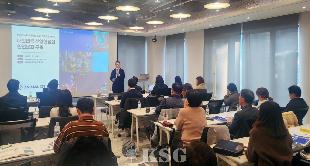



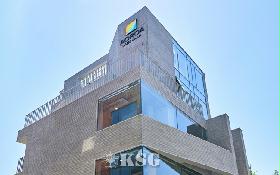
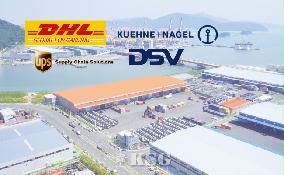
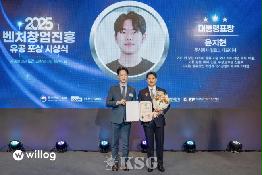
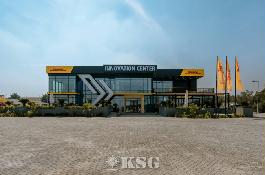
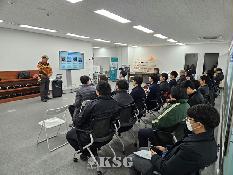
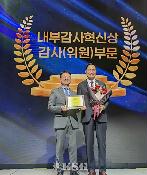
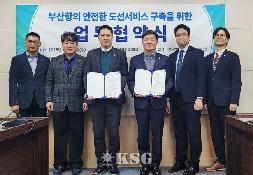
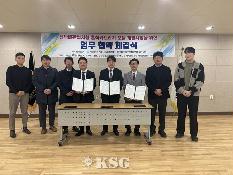

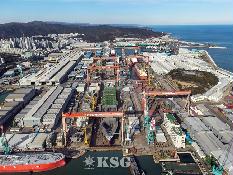
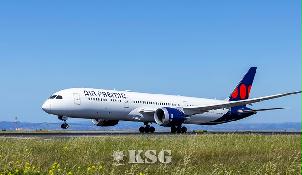
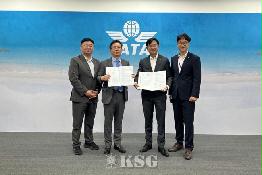
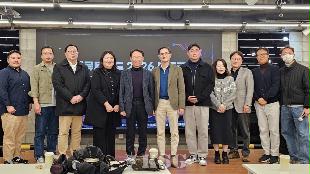
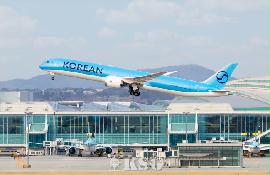


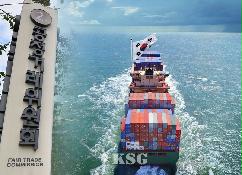
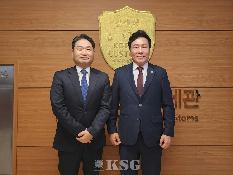

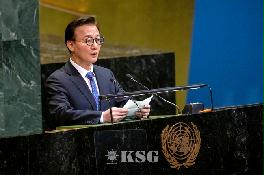
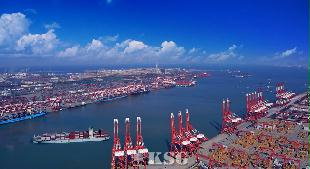
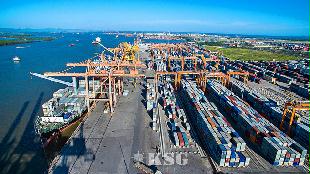
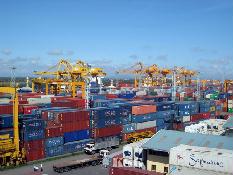






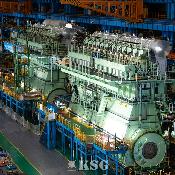
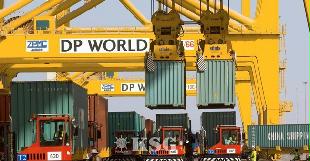
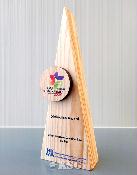
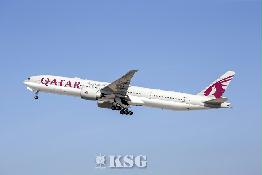





















0/250
확인